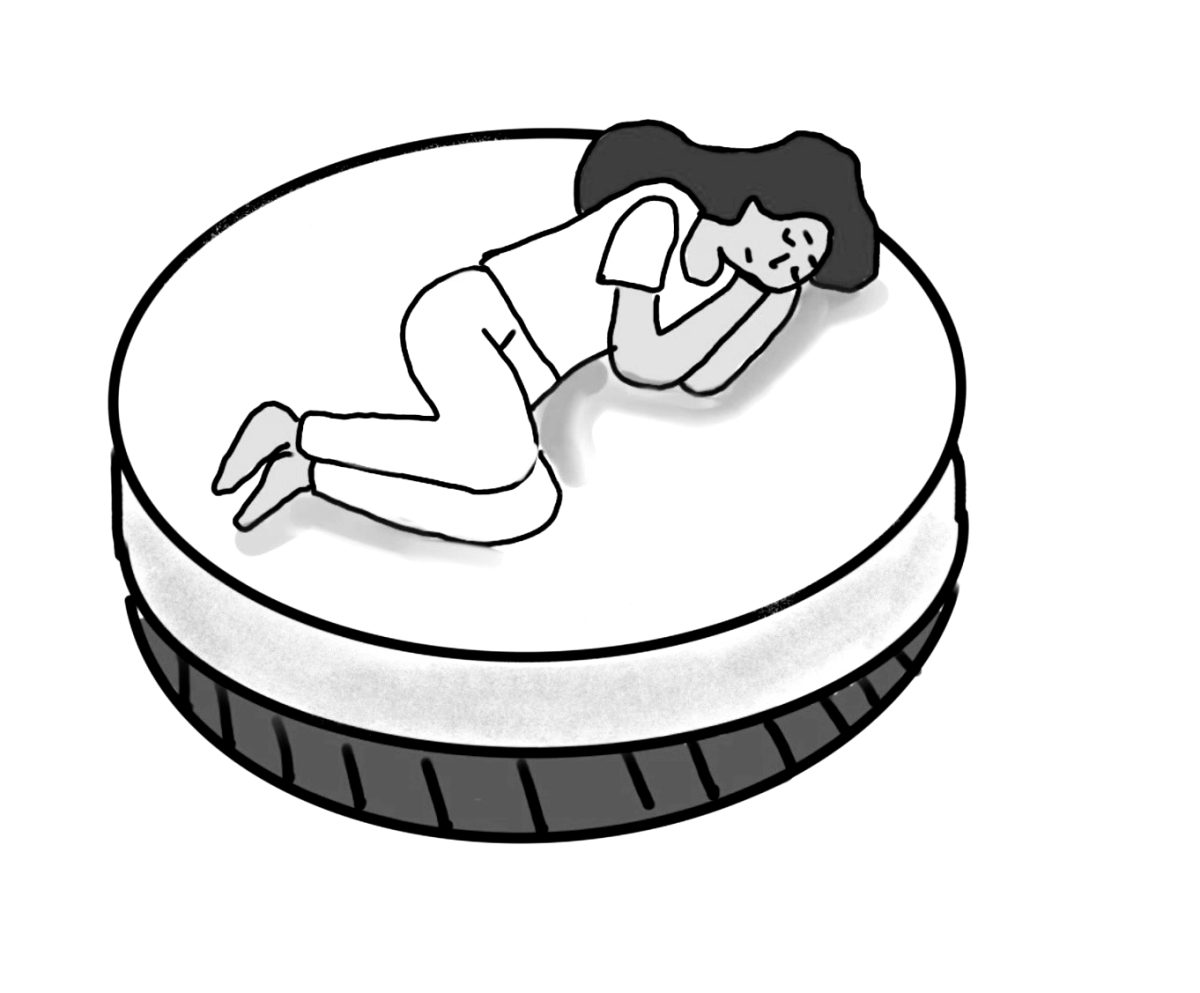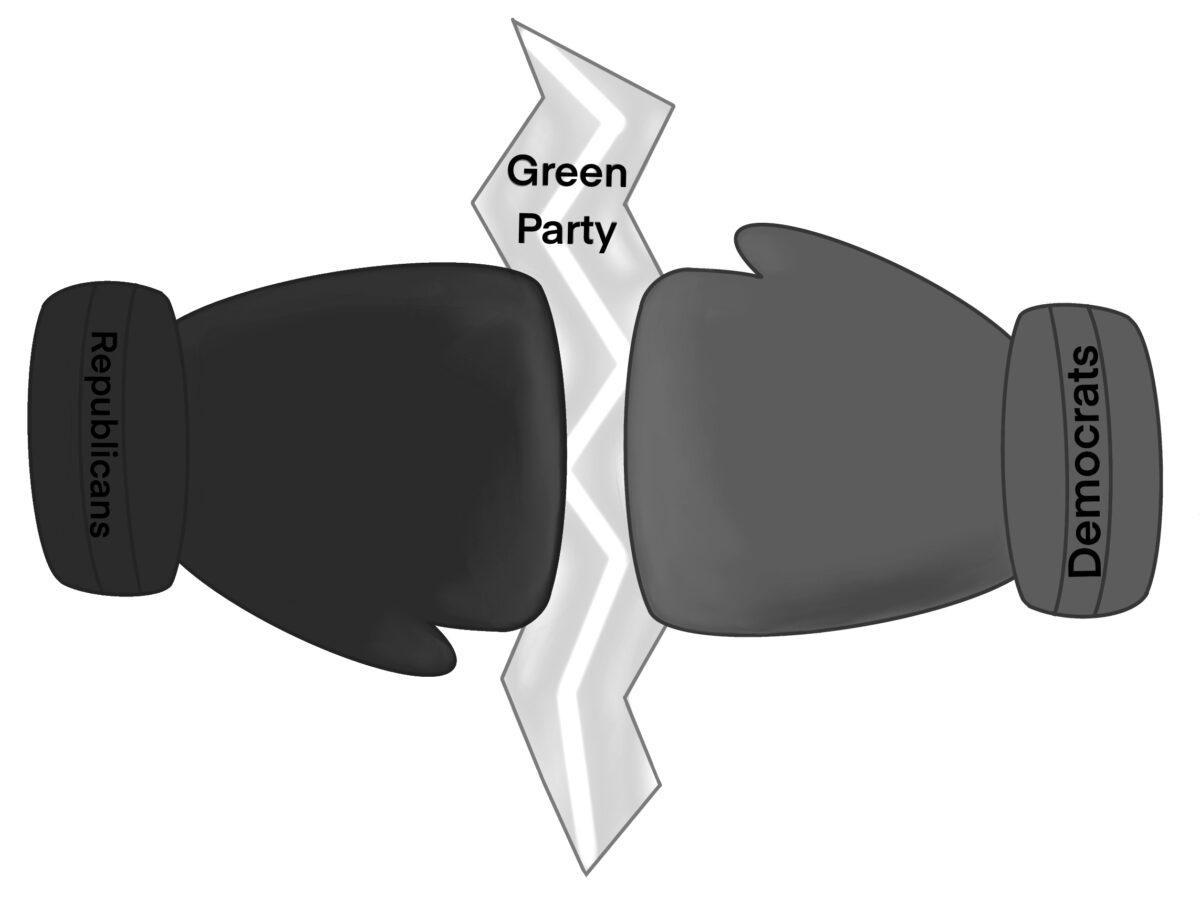
Juice is the new milk at AT&T Park, and I’m not just talking about any juice. I’m talking about juicy juice —the kind that gets Melky Cabrera juiced, shooting him to the top of the NL in hitting this season— or in technical terms, synthetic testosterone.
The general reaction from “melk” men, “melk” maids, and the rest of the Giants’ fan-base has been one of utter surprise and shock since Cabrera admitted to use of testosterone Wednesday, Aug. 15. Cabrera only hit 11 home runs this year. He was no over-bulked, fire-breathing Bonds-like monster. Cabrera was just a solid doubles hitter, and the fans loved him for it, wearing “milk man” outfits to the park to show their support.
Frankly, I was not surprised to find out Cabrera used testosterone. That is not to say that I suspected him specifically of drug use, because I did not. But I am never really surprised to find out that any player in the MLB is juicing, because from a financial standpoint, performance-enhancing drugs just make sense for players.
Cabrera went from hitting .255 in 2010 for the Atlanta Braves with four home runs and 42 RBIs to hitting .305 with 18 home runs and 87 RBIs the next year for the Kansas City Royals. Following his average year with the Braves, Cabrera only signed with the Royals for only $1.2 million but after his .305 year, he was signed for a whopping $6 million. Cabrera hit at the top of the National League this year, with a .346 average and was also the All-Star Game MVP. If he had not been caught, he would probably be on his way to a $12+ million contract next year.
Now, I can only speculate as to when little Melky traded his innocent bottle of milk for a box of juicy juice, but I would say that synthetic testosterone helped somewhere along the road of his transformation from an average .255 hitter that gets signed for $1.2 million to an all-star MVP that is on his way to being signed for 10 times that much.
I know it did not work out quite that smoothly for Cabrera. Despite attempts to cover up, he was caught in the act and forced to face the consequence for the first offense of performance enhancing drugs with a 50 game suspension. In a season of 162 games, that’s roughly one-third of his salary. He is still making $4 million this year, which is higher than his salary has ever been, and even after his consequence, someone will probably sign him next year for at least $3 million.
With Guillermo Mota and Bartolo Colon also being suspended this season, the issue of performance enhancing drugs in baseball has once again been brought into the spotlight, and I know I’m beating a dead horse, (actually probably tearing the horse’s limbs off and gnawing on the rotting flesh) when I say that the MLB must make a change.
The three-strike system that is in place now —50 game suspension for first offense, 100 game for second, and expulsion from the league for the third— is too lenient. The reward for using performance-enhancing drugs at least until the first consequence simply trumps the risks of suspension and health consequences. The urine-sample drug tests are beatable, too. As Victor Conte showed us with the BALCO-Bonds scandal, the drugs are often one step ahead of the tests. Many players will enlist the help of drugs for seasons at a time without being caught. That’s huge pay dividends, in the form of tens of millions of dollars.
It is time for the MLB board to call upon the strictest possible penalty. A “one and done” policy has been proposed in the past, but it is time to get serious about using it. First time caught, banished from the league for life. Records stripped. Forfeit the season’s salary. If this will not deter players, then nothing will.
Some have argued that legalizing certain drugs will help level the playing field. However, the appeal of drugs comes from the edge that it gives players over the rest of the pack, and the cheaters will reach for more intense substances, more often to gain that extra edge, and the health consequences will be doubly dangerous.
On principle alone, there must be a change. With the three-strike system that is in place now, the MLB is sending young student-athletes the message that the risks of cheating are worth the reward. Will these young athletes apply the same principles to their school work or to their taxes when they become independent? We must teach our athletes early that cheating of any form will not be tolerated to any degree.






